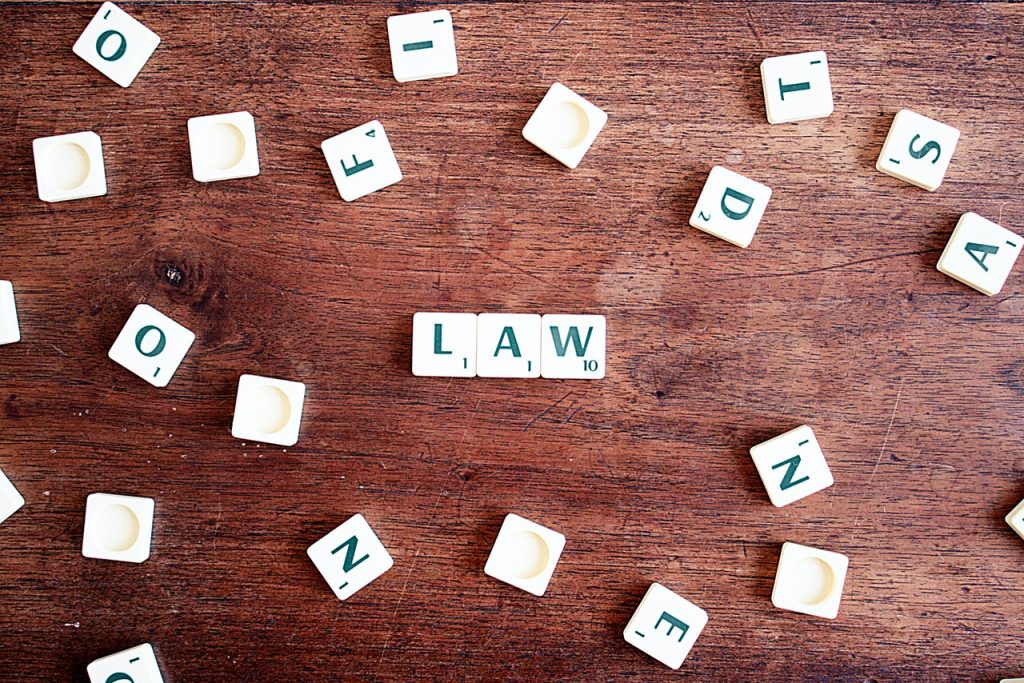
Starting a real estate business that build to sell is an enticing prospect for many entrepreneurs due to its potential for high returns, flexibility, and diverse opportunities. The real estate market offers a stable and lucrative avenue for building wealth, leveraging various economic cycles to one’s advantage.
One of the most compelling reasons to start a real estate business is the potential for significant financial gains. Real estate investments can appreciate over time, providing substantial profits upon sale. Additionally, rental properties generate ongoing passive income, creating a steady cash flow that can support other investments or business ventures. The opportunity to build equity and leverage it for further investments amplifies the financial benefits.
Flexibility is another key advantage of the real estate sector. Entrepreneurs can choose from a variety of niches, such as residential, commercial, industrial, or retail real estate, depending on their interests and expertise. This versatility allows for tailored business strategies that align with personal goals and market trends. Moreover, real estate businesses can operate with varying degrees of involvement, from full-time property management to passive investment roles, accommodating different lifestyles and commitments.
The real estate market also provides a hedge against inflation. Property values and rental income typically increase with inflation, preserving the purchasing power of the investor’s capital. This makes real estate a relatively secure investment compared to other assets that might not perform as well in inflationary environments.
Real estate businesses benefit from favorable tax treatment. Investors can take advantage of deductions for mortgage interest, property taxes, depreciation, and operating expenses, significantly reducing taxable income. These tax benefits enhance the overall profitability of real estate investments.
Furthermore, the real estate industry is characterized by its resilience. While market conditions fluctuate, real estate generally recovers and continues to grow over the long term. This resilience offers a sense of security for entrepreneurs looking to invest in a business with enduring value.
Lastly, starting a real estate business allows for community impact. By improving properties and developing new ones, real estate entrepreneurs contribute to neighborhood revitalization, enhancing local economies and quality of life.
In conclusion, starting a real estate business is a strategic move for those seeking financial growth, flexibility, and long-term stability. The potential for high returns, favorable tax benefits, and the ability to impact communities positively makes real estate an attractive and rewarding business venture.

